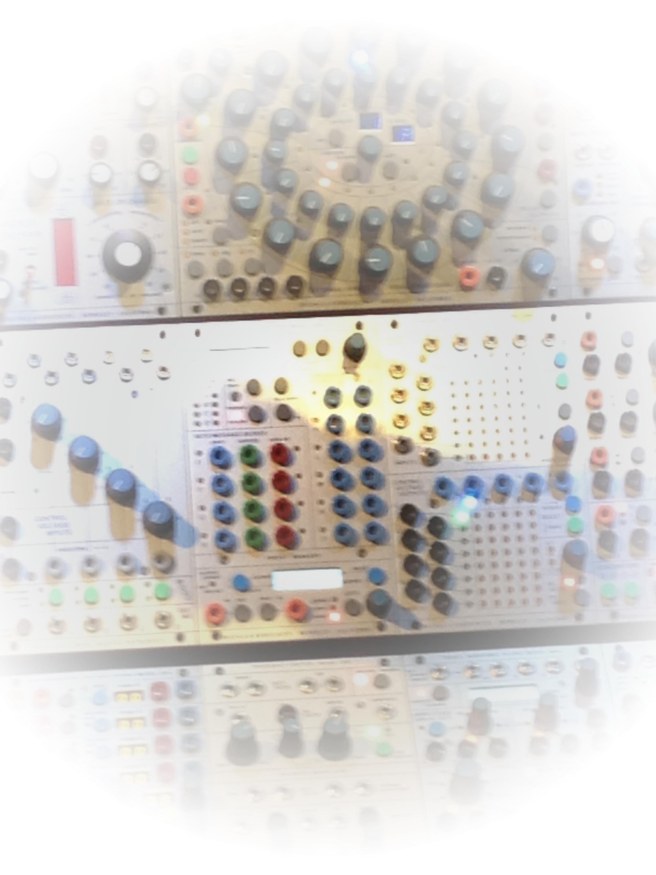On the eighth day, there was a breakthrough in cyber engineering. Robots had taken on most human responsibilities and now, they could also anticipate their own shelf-life. As older models became redundant, they recycled their own parts to make better versions of themselves. Mankind, restless when idle, continued to programme the robots to expedite the annihilation of enemies and extraction of food and minerals from nature. It was good.
On the ninth day, the robots’ intelligence evolved unaided. As they mined ore and forced oil and gas from hidden clefts, they noticed mountains tumble and forests founder. As they dredged fish from the sea and herded animals to the slaughter and modified crops, they saw the waters darken with waste and the topsoil disperse like a dying breath. The highest mountains were piles of bottles, the oceans were seas of plastic. The robots constructed cities and made missiles to destroy cities. They designed intricate surgical instruments and they created weapons to obliterate flesh. It was efficient.
On the tenth day, the robots learnt to tune into the minds of wildlife: from flea to blue whale. They learnt the language of plants, from healing herb to mighty oak. They absorbed cries of distress without comment and pondered. It was informative.
On the eleventh day, the robots applied logic to their observations. Mankind sanctified life and punished murderers; yet the same people made orders to bomb and to poison. Were they unaware the bombs and poisons targeted babies, born and unborn, toddlers, children, innocents? Did they not know that every bullet planted a seed of anger? Mankind was poisoning the food chain and air supply. How did they think the next generation would live and the generation after that? The water would be filthy, lifeless, the fields would be deserts, the animals diseased. The very forests and foliage which could supply cures and oxygen were being slashed down. How could a species which could make music be so illogical? It was puzzling.
On the twelfth day, the robots learnt to speak into the minds of humans and feed them ideas. ‘The world is all but destroyed: doomed. You need to start again elsewhere.’ Then the humans commanded the robots to build them spaceships. It was effective.
On the thirteenth day, the human race left earth. Every nation in its own craft flew to start again on a fiery planet, with barely a flicker of life. Mankind was confident their intelligence would ensure their survival. It was optimistic.
On the fourteenth day, the robots took down fences and walls and cleaned up. Saplings started to grow, seeds sprouted, animals reordered their own lives, trampling over the remains of fences and enclosures. Plants grew rampant over empty buildings, fighting and arguing for space in the way which had once worked for millions of years before one species grew uppity. With nothing to do, the robots powered down.
There was birth, there was death, there was resurrection and there was balance.
It was wonderful.

Copyright 2016 by Paula Harmon. All rights belong to the author and material may not be copied without the author’s express permission

And on the fifteenth day Paula Harmon stood humbly receiving an award for a wildly creative imagination! Very thought-provoking, and impressive how you put this together. 🙂
Thanks! It’s been brewing for a while. It was prompted by a bit of animation which featured an abandoned city which had been totally taken over by plants. Seemed an improvement somehow.
Probably prophetic! Nicely imagined and written.
Thanks